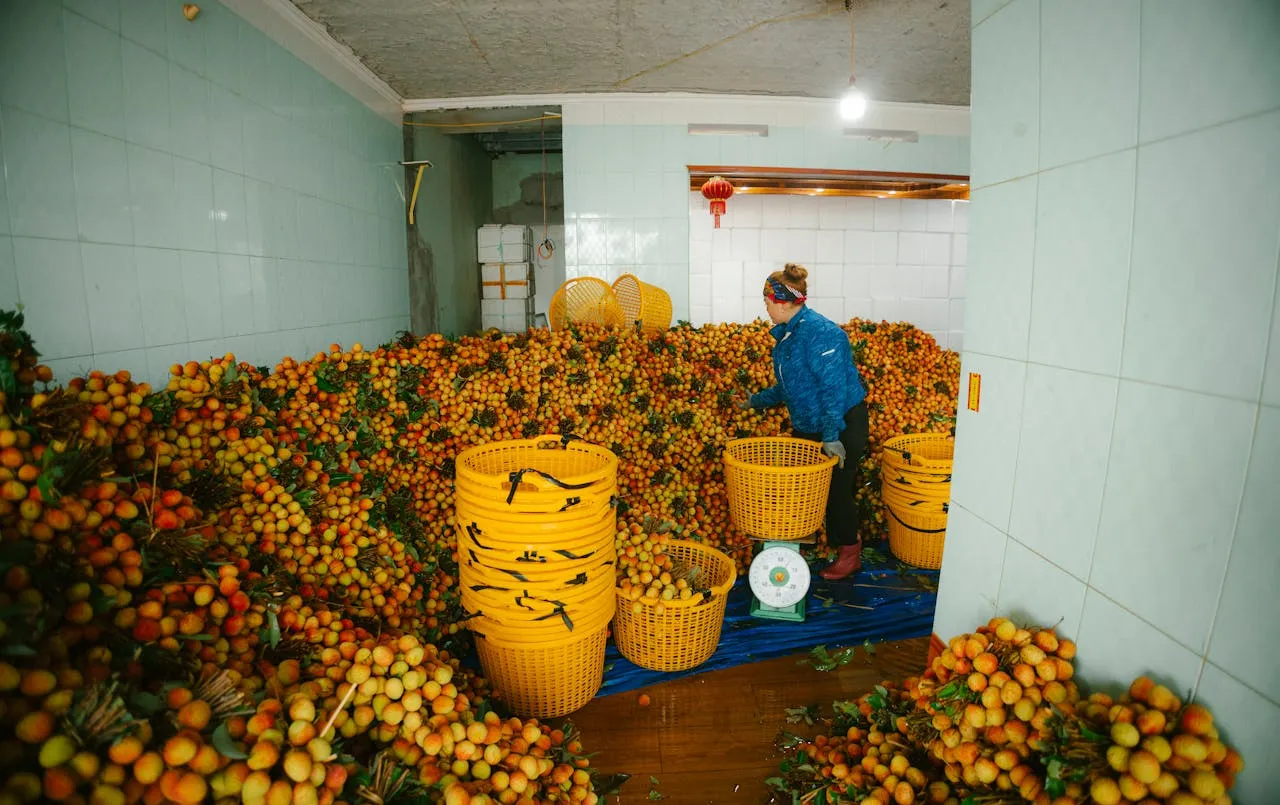
Agribusiness Giants Unite Bunge and Viterra Finalize Merger to Create Global Leader
Bunge Global SA (NYSE: BG) (“Bunge”) has officially completed its merger with Viterra Limited (“Viterra”), finalizing a strategic combination that positions the newly integrated company as a global powerhouse in the agribusiness sector. The merger unites two of the most recognized names in agriculture, creating a premier global enterprise with expanded capabilities to serve the world’s growing demand for food, feed, and fuel.
The combined entity brings together vast resources, geographic diversity, operational expertise, and deep industry relationships, offering an unparalleled platform to support farmers, customers, and communities across the globe.
A Transformative Milestone
Greg Heckman, Chief Executive Officer of Bunge, hailed the merger as a transformative moment in the company’s history.
“Today is a defining moment for our company and our global team as we complete this transformative business combination,” said Heckman. “I’m grateful to our colleagues whose energy, collaboration, and commitment brought us to this milestone. Together, we’ve formed a stronger organization with enhanced capabilities and expertise to meet the evolving needs of our customers, maximize value for our stakeholders, and fulfill our shared purpose to connect farmers to consumers and deliver food, feed, and fuel to the world.”
Heckman emphasized that the successful integration of two world-class organizations marks the beginning of an exciting new chapter. “Now, we begin the important work of integrating our teams, aligning operations, and leveraging our combined strengths. This is not just about scale—it’s about creating smarter, more resilient systems to serve the global food supply chain.”
Strategic and Financial Advantages of the Merger
The merger between Bunge and Viterra creates a vertically integrated agribusiness with a stronger presence in major production and consumption regions. The strategic rationale behind the combination is multifaceted, offering both operational synergies and financial benefits that enhance the company’s competitive edge.
1. Formation of a Global, Fully Integrated Agribusiness Leader
With highly complementary geographic footprints and asset portfolios, the merged company is now better equipped to serve as a direct link between the world’s most productive agricultural regions and its fastest-growing markets. Whether in North America, South America, Europe, Asia, or Africa, the company can now operate with greater flexibility and impact across the full agricultural value chain—from origination to processing to end-market delivery.
2. Enhanced Agility in a Complex Global Market
As the global food system faces increasingly complex challenges—including climate volatility, geopolitical instability, and shifting consumer preferences—the combined organization will benefit from a better-balanced global value chain. By gaining access to more key origination markets and expanding its diversified crop network, the new Bunge-Viterra entity will be in a stronger position to respond to market fluctuations and deliver customized solutions to its customers.
This broader reach also improves supply chain resilience, allowing the company to quickly adapt to changing conditions and maintain continuity across all major commodity flows.
3. Unified Leadership with Proven Success in Value Creation
The merger brings together two experienced and successful leadership teams with a shared track record of generating shareholder value. Bunge’s history of operational excellence and Viterra’s regional expertise and entrepreneurial spirit create a potent combination. This newly formed team is poised to accelerate innovation, drive performance, and unlock new growth opportunities across the agricultural spectrum.

4. Strengthened Financial Profile and Increased Synergies
From a financial perspective, the combination offers significant upside. The merged company is expected to benefit from a range of synergies, including joint commercial opportunities, efficiencies in vertical integration, optimized logistics, and greater trading flexibility through an expanded global network.
These efficiencies will not only enhance profitability but are also expected to lead to more consistent cash flows over time. The improved diversification of business operations will help reduce volatility in earnings, making the company more resilient in uncertain market conditions.
Additionally, the merger enhances the credit and risk profile of the organization, which is expected to lower the cost of capital and provide further opportunities for investment in strategic initiatives, including sustainability, digitalization, and supply chain innovation.
Leadership and Governance Structure
As part of the integration process, Bunge has announced key leadership appointments that reflect the collaborative nature of the merger. The combined company will continue to be led by Greg Heckman as Chief Executive Officer, and John Neppl will remain in his role as Chief Financial Officer.
Joining the executive leadership team from Viterra is David Mattiske, who previously served as Viterra’s Chief Executive Officer. He will take on the role of Co-Chief Operating Officer (COO) alongside Julio Garros, who most recently served as Bunge’s Co-President of Agribusiness.
Together, Mattiske and Garros will oversee the company’s core commercial activities, including global commodity value chains, regional management teams, and initiatives across renewable fuels, regenerative agriculture, and industrial operations. The dual-COO model is designed to ensure operational continuity and capitalize on the distinct strengths of both organizations.
This leadership structure reflects a unified commitment to safety, innovation, and sustainability while driving forward key growth initiatives.
Commitment to Sustainability and Innovation
In addition to business and financial goals, the combined company will focus on advancing sustainability and accelerating regenerative agriculture solutions. With enhanced scale and operational reach, Bunge and Viterra will have a greater capacity to invest in climate-smart practices, support local farming communities, and reduce the environmental footprint of agricultural operations.
The organization’s innovation strategy will focus on data-driven solutions, digital tools, and supply chain transparency to improve productivity, traceability, and customer trust across the value chain.





